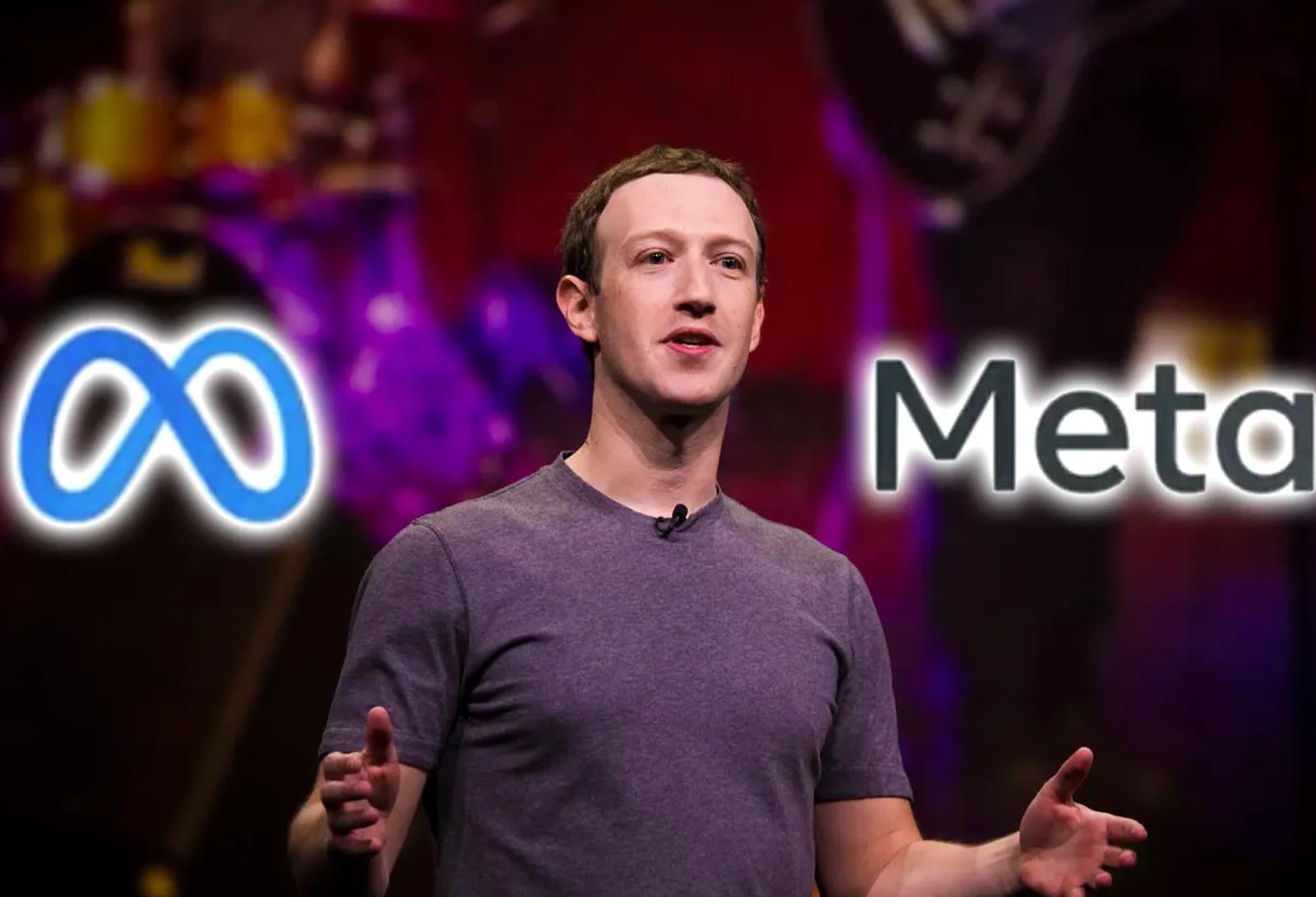NEW YORK – Meta Platforms (META.O) has appointed Shengjia Zhao, a key architect of OpenAI’s ChatGPT, as chief scientist of its newly formed Superintelligence Lab, CEO Mark Zuckerberg announced Friday. The high-profile hire signals Meta’s intensified focus on advanced AI development as it seeks to compete with rivals like OpenAI and Google DeepMind.
Zhao, who co-developed ChatGPT, GPT-4, and several smaller OpenAI models, will set the research direction for Meta’s most ambitious AI projects, reporting directly to Zuckerberg and Chief AI Officer Alexandr Wang. His recruitment follows a wave of talent acquisitions from OpenAI to Meta, part of what industry observers describe as an escalating AI arms race. The social media giant has been offering premium compensation packages and strategic startup investments to attract top researchers, particularly after its Llama 4 model failed to make a significant market impact.
The Superintelligence Lab represents Meta’s latest effort to consolidate resources toward achieving artificial general intelligence (AGI). Unlike Meta’s Fundamental AI Research (FAIR) division led by Yann LeCun, the new lab focuses exclusively on long-term AGI development and next-generation Llama models. Zuckerberg has pledged to pursue “full general intelligence” through open-source releases—a controversial approach that has drawn both enthusiasm for its transparency and warnings about potential misuse.
The appointment comes as Meta accelerates its AI investments, with Zuckerberg committing billions to build out computing infrastructure and talent. Analysts suggest Zhao’s expertise in large language models could prove crucial as Meta works to improve its AI offerings and integrate them across Facebook, Instagram, and its metaverse projects.
The AI industry continues to grapple with ethical questions surrounding rapid advancement, particularly regarding open-source AGI development. Meta’s aggressive hiring strategy and Zhao’s high-profile transition highlight the intensifying competition for AI leadership, with implications that could shape the technological landscape for years to come.














